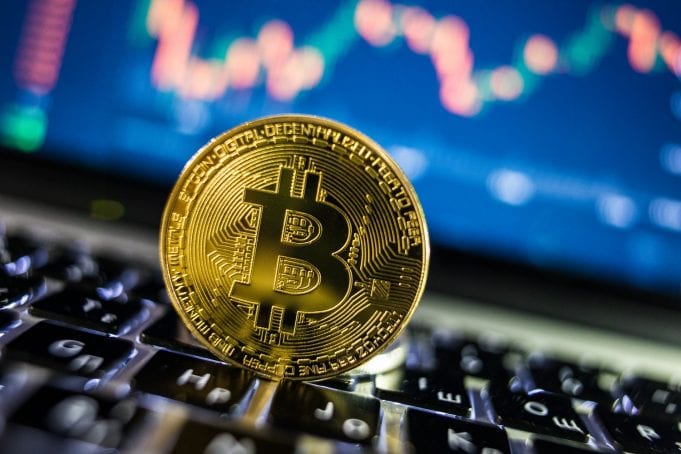Up until now, the rise of cryptocurrency markets hasn’t been the center of attention, or at least not when it comes to financial markets or the real economy. The prices of bitcoin and other cryptocurrencies have increased, and it’s always a good time to talk about cryptocurrencies like Cardano and Monero, but were it all leads today will not have much impact on the real world.
But to counter this claim, some companies that have publicly traded stock are beginning to make decisions that are connected to cryptocurrencies and benefit from them. You can see how markets react to things like that; those companies usually get big rewards for making those decisions. If this trend does continue, cryptocurrencies are eventually going to affect ordinary people even if they aren’t directly dealing with them, if there’s a crypto bust.
One of the biggest companies out there that are working closely with cryptocurrencies is Longfin Corp., whose stock went up in value over 2,000 percent in just one week after telling everyone they bought a “blockchain-empowered global micro-lending solutions provider.”
When you see a company make a press release like this and the direct consequence of that is their stocks going up in price, it’s important to note that there’s no specific reason this has happened. Still, the release itself is what made the stock rise in value, the news of them buying that alone was enough.
You could say that how things are going should have been pretty apparent after we saw another rise in the value of some of the not so popular coins last week. If you go to the website coinmarket.com you can take a look at a list of the best cryptocurrencies, and if you look at previous week you will see that some of them started the week with a value of under $1 but ended gaining 100% more in value or even more by the end of the week.
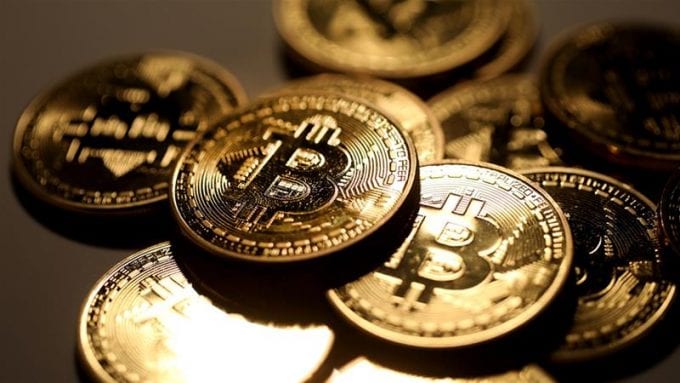
A popular theory as to why that happened is that bitcoin’s price went to $15,000, and new cryptocurrencies that come into the industry can deposit only a couple of thousand dollars, which ends up being only a fraction of the value of bitcoin. But when you own only a fraction of something, it just doesn’t feel satisfying, so people go from owning a fraction of bitcoin to buying much more of the cheaper coins, which drives their price up.
Whenever you see a coin that was unknown to you before go up in price, it creates this feeling that maybe you will be the one to discover the next bitcoin. And when you look at it that way, if bitcoin’s value is doubled or tripled in one week, why can’t that happen to stocks of a company that associates itself with cryptocurrencies?
Now all this makes sense when you look at it from someone who actively buys and sells cryptocurrencies, but the people who thought real markets and economy wouldn’t feel the pull of cryptocurrencies should be anxious now. What happened with Longfin shows us that markets want companies to associate with cryptocurrencies, and those that do would be rewarded.
To this point, it’s been pretty easy to not cryptocurrencies seriously or ignore them. As more and more companies are getting into the whole business, it’s evident that cryptocurrencies have a significant effect on the economy.
So what is the actual effect bitcoin would have on the economy? Let’s explore the possibilities.
You would no longer need the middleman in financial transactions
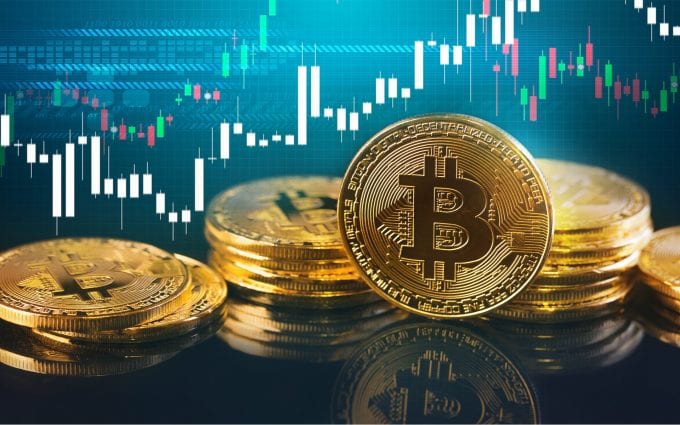
One of the best, if not the beast feature of bitcoin and cryptocurrencies, in general, is that they remove the need for an intermediary like you need for currencies we currently use. Instead of a bank or some other institution that validates our transactions, all users are independent and verify everything in a decentralized fashion.
Banks are starting to take serious notice because cryptocurrencies remove them from the picture, and another reason for concern is that it will become harder to track someone’s financial activity and which has interesting consequences on more than one level.
Transactions aren’t tied to the dollar
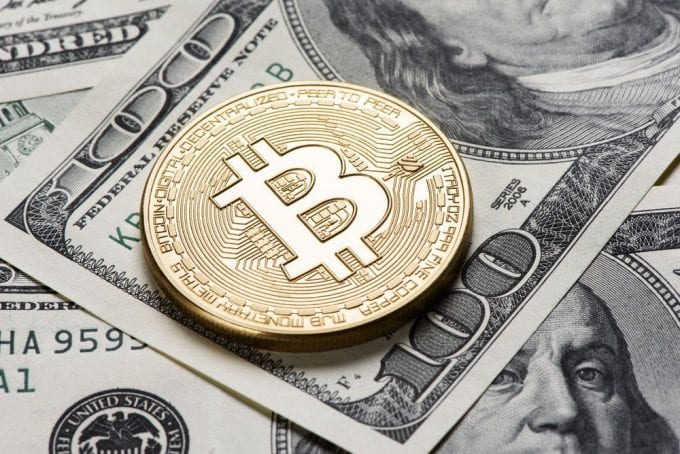
We all know that the dollar is the central currency when it comes to the global economy, and whenever
you have a sale going on somewhere in the world, the basis of it is usually the dollar. Dollars are what
make The United States’ global power a real thing and enable them to control other countries. But if you’re using cryptocurrencies, you have no ties with the US or the dollar. It enables people to
participate in the global economy and not having to use the dollar at all. For instance, Venezuela has brought in a cryptocurrency backed by the country’s oil supply to try and soften the sanctions placed upon them.
Simplifying international transactions
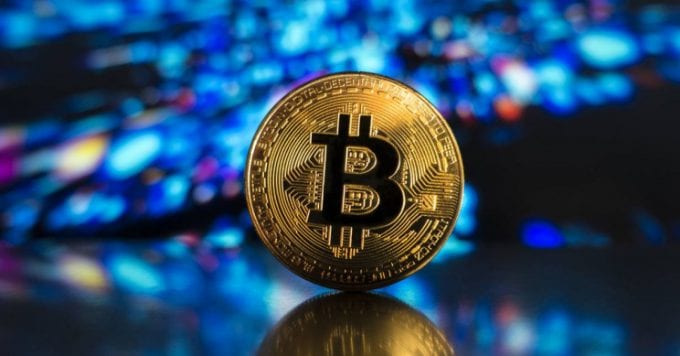
Out of the 7 billion people living on Earth, 2 billion don’t have a bank account, and in a lot of countries all over the world, credit card payment isn’t a viable option.
In these, not so developed countries cryptocurrencies offer a solution for people to work with the global internet economy.
Businesses in the US have been able to improve working with the internet economy, even when the real economy isn’t doing so well. Bitcoin might have a similar effect on people living in countries with economies that aren’t as good.
A specific case where bitcoin could be beneficial is with migrant workers who need to send money to their families back home. Right now, if you send money to another country, you usually lose around 9% of the total value, but with cryptocurrencies, you pretty much get it for free.
All this is just the tip of the iceberg, and there are many more changes to come and who knows how it will develop, but right now, it looks as if it’s going in the right direction. If, after reading all this, you want to get into bitcoin, then you should visit crypto-profit.io you will find all the help you need there.

